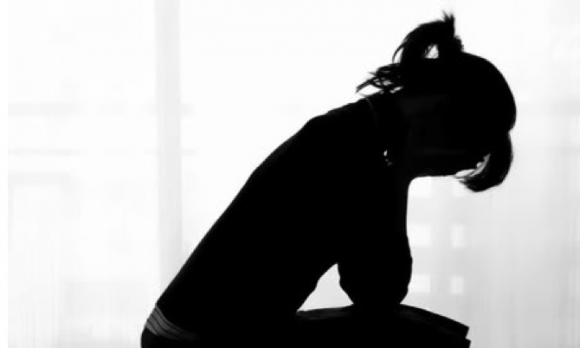Back2Life (William Wilberforce Trust)
Helping trafficked women re-enter society is one way of tackling sexual exploitation, discovers Danielle Aumord. //
“When I first came out (of the brothel) it was scary. I thought I was skum. My body hurt and I just cried all the time. I didn’t know the rules in this world. Everything was new to me,” explains a 21-year-old Italian human trafficking victim-come-client of the William Wilberforce Trust’s counter-trafficking project, Back2Life. “My body was free but my head was more enslaved than it had ever been before. The Trust was there for me to build my confidence and helped show me how things work in this world. It’s not so scary anymore. I’m learning to trust people,” she tells their website.
The scheme, based in South Kensington, supports numerous highly traumatized victims with similar stories. ‘Restoring hope to those who have been sexually exploited’ is the mantra here and they carry out their mission in a variety of ways. Practical examples include victims being offered support with asylum and benefits applications, debt advice, assistance with finding housing through local authorities, and provision of furniture. They can also receive medical treatment, legal help and assistance with child support.
Back2Life was conceived by Hayley Bisofsky, manager of the unit, in 2009 set up officially. “I became aware of human trafficking when a friend working in Africa told me that children over there were being sold into brothels to be prostituted,” explains Bisofsky, sipping her Starbucks latte. “It broke my heart so I did some research into it and I found out that it’s not just an African, Asian or Eastern European problem. It’s also happening on our doorsteps.”
As a result, Bisofsky set up the project within the William Wilberforce Trust and they began to provide one-to-one psychological support and peer-to-peer mentoring group sessions for the women they engage. Referrals can also be made to other services such as support with recovery from addiction, eating disorders and depression, if appropriate. Trained volunteer workers offer floating outreach support, and also ‘safe relationships’ educational programs. CV, educational and employment workshops are available when the women are ready.
As a step forward, Bisofsky is currently transitioning into a new role with a Sussex-based organization called Life Centre where she can focus more heavily upon challenging the popularly accepted notion of sex as a commodity. “One of the reasons why people are trafficked into the UK on the scale that they are is because sex is viewed as a commodity. It’s been dehumanized often resulting in sexual violation.
“I will be focusing upon the common theme where sex is being used as an abuse of power and challenging this by lobbying around legislation to be improved to support survivors, and also around the sexually objective culture of today,” she concludes.
In combating human trafficking and sexual exploitation in its many forms, from prostitution to rape and childhood sexual abuse, Hayley Bisofsky has taken a step back to look at the bigger picture. Essentially she says what she’s really canvassing for here is a culture of consent as opposed to a culture of objectification.
From Bisofsky’s perspective, the culture of objectivity as opposed to consent is driven by the increasing availability of pornographic material driving home the view point that sex is there to be taken or sold. And this is what she’s wholeheartedly determined to change.











Write Your Comment